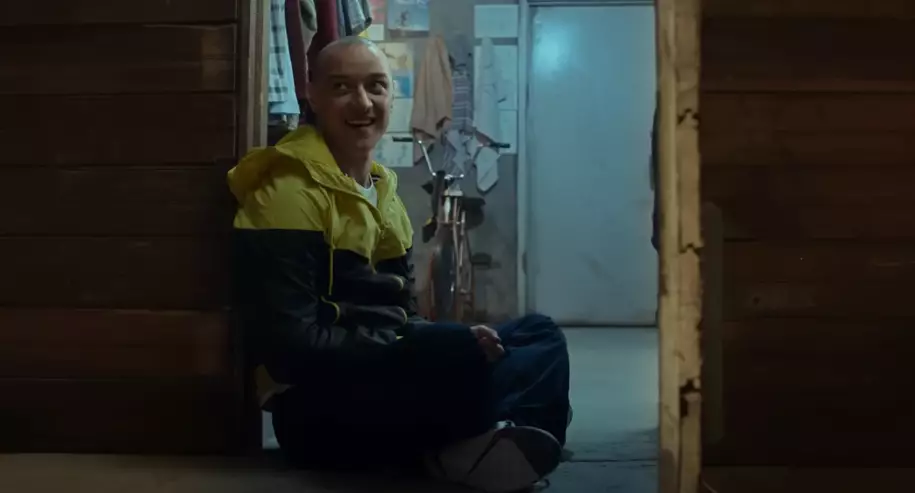In the world of film, last-minute casting changes can create ripples that affect everything from production schedules to the performance dynamics of a movie. M. Night Shyamalan’s psychological thriller Split serves as a prime example of how unexpected developments can lead to unforeseen artistic outcomes. Originally set to star Joaquin Phoenix, the film underwent a significant transformation just two weeks before shooting began when Phoenix opted out of the project. James McAvoy stepped in as the lead, taking on the complex role of a man with 23 distinct personalities. This last-minute substitution had implications not just for the respective actors, but for the film’s overall narrative and audience reception.
During a recent appearance on the Happy Sad Confused podcast, McAvoy reflected on the challenges and advantages of taking over the role with minimal preparation time. While he acknowledged Phoenix’s talent, he also suggested that the two actors would have approached the character differently. “I think he’d give a very different performance to the one I did. But I think he’d give an incredible performance,” McAvoy commented, emphasizing that each actor brings their unique touch to a role. This perspective highlights the intrinsic challenge of interpreting complex characters, particularly in a narrative as layered as Split, where personality dynamics are essential.
McAvoy described his experience in stepping into the role as somewhat liberating. He noted that limiting his preparation allowed for a more instinctive performance rather than an overanalyzed one. This reveals an interesting paradox in acting: sometimes, less time to prepare can lead to more authentic portrayals that resonate with audiences. The timeliness of casting decisions can profoundly impact the actors’ performances and the emotional depth brought to the characters.
A crucial component of McAvoy’s seamless transition into the role was the strength of the Split script. According to him, the writing was so compelling that it provided a solid foundation for his character development. Despite the time crunch, he found himself capable of navigating the nuances of the multiple personalities convincingly. This speaks to the importance of a well-crafted screenplay in film production, particularly when dealing with complex themes that require thoughtful execution. The script’s inherent clarity enabled McAvoy to make swift decisions about his character’s various personas, contributing to the film’s artistic integrity.
Phoenix’s Pattern of Departures
Interestingly, McAvoy’s experience isn’t the only instance of Phoenix changing his involvement in projects at the last minute. Reports indicate that he recently exited a Todd Haynes romance film only five days prior to filming, a decision that led to financial ramifications for the production. Such instances raise questions about the pressures actors face in choosing their roles, emphasizing that sometimes artistic integrity must prevail over contractual obligations.
As the industry continues to evolve, the stories of these actors underscore the importance of adaptability and resilience in filmmaking. With McAvoy now starring in the horror film Speak No Evil and Phoenix gearing up for his much-anticipated role in Joker: Folie à Deux, it will be intriguing to see how both actors leverage their unique experiences to shape their future projects. Their journeys serve as a reminder that in the unpredictable world of cinema, flexibility and creativity are essential tools for success.


Leave a Reply